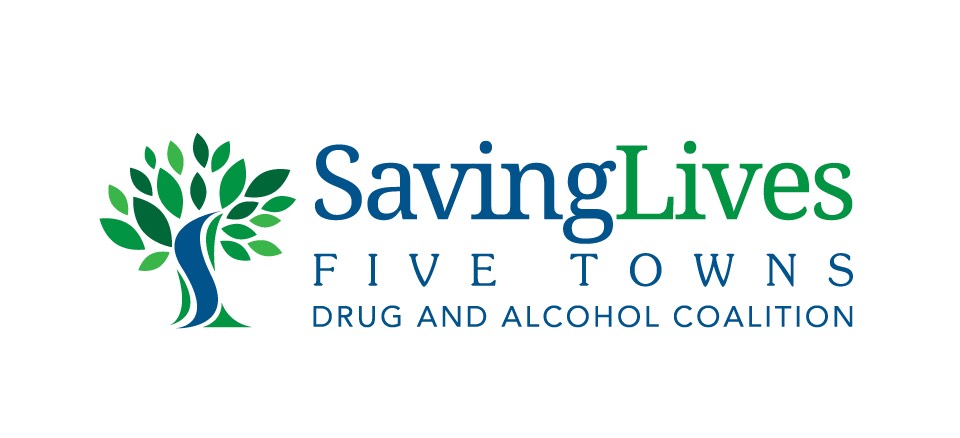MENTAL ILLNESSES
The impact is more than in statistics and factoids, it’s in feelings and emotions. It’s in our families, with our friends and in our communities. Having a mental disorder should not be any different than experiencing a physical illness. And it doesn’t have to be; you can help make a difference.
A mental illness makes the things you do in life hard, like: work, school and socializing with other people. If you think you (or someone you know) might have a mental disorder, it is best to consult a professional as soon as possible. Early identification and effective intervention is the key to successfully treating the disorder and preventing future disability. A health care professional (doctor, mental health specialist, etc) will connect the symptoms and experiences the patient is having with recognized diagnostic criteria (DSM or ICD) to help formulate a diagnosis.
The Diagnostic and Statistical Manual of Mental Disorders (DSM) is published by the American Psychiatric Association and provides a common language and standard criteria for the classification of mental disorders. It is most commonly used in North America.






